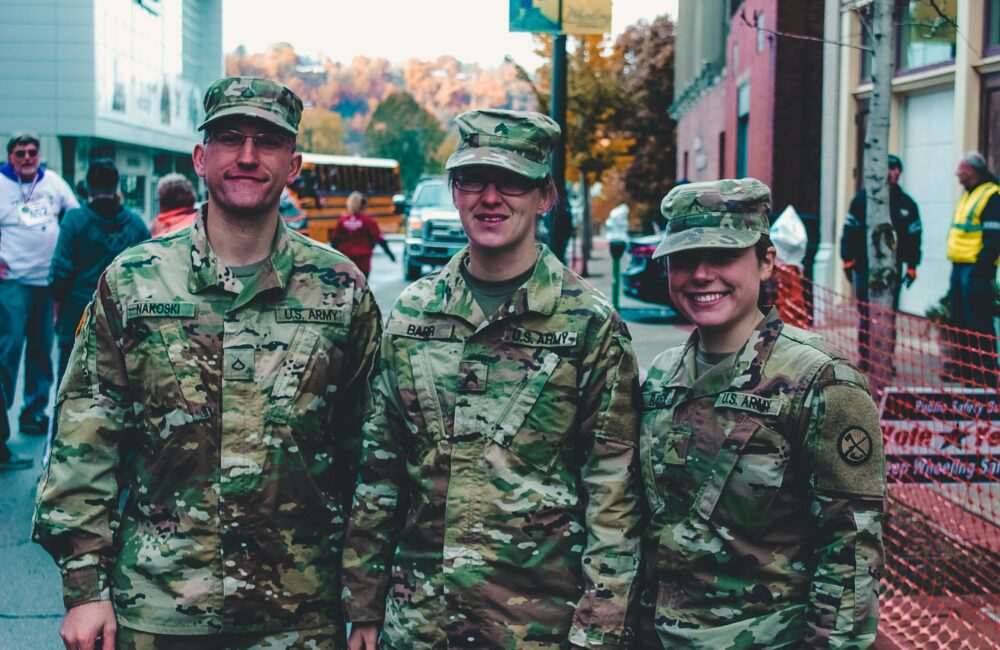Given the important and stressful work of our military forces, both the media and advocates have raised significant concerns about the wellbeing of veterans and service members. PTSD, depression, anxiety, suicidality, and substance use are common conditions faced by these professionals. Some statistics show that at least 25% of service members and 40% of veterans present these conditions.
Post-Traumatic-Stress Disorder (PTSD) is very common among veterans and military since they often face traumatic events, such as combat, natural disasters, terrorist attacks and physical/sexual assault. The memories of these events can be relived throughout life and in unexpected ways, such as when watching a movie or a news report, seeing a traffic accident, hearing loud noises, or seeing a place or person related to the past. By reliving these memories, these professionals suffer difficulty adjusting back to civil life, troubled sleeping, anger, nightmares, family and relationship issues, jumpiness, and alcohol and drug abuse. It feels that these painful memories will never go away.
There are several strategies that can help people learn how to manage and reduce, if not eliminate, such memories. At the Relationship & Intimacy Center, we have expert therapists that can help anyone work and manage these conditions. Some of them are trained or certified in Eye Movement Desensitization and Reprocessing (EMDR) Therapy. Visit our website to learn more about our therapists and how to schedule with us. We thank you for your work and we care for your wellbeing.
Are You a Member of the Military?
If you’re feeling the stress and effects of post-traumatic-stress disorder (PTSD), therapy with a specialized professional can help. An EMDR therapist can guide and validate you as you navigate the stresses of your professional life. In therapy, you’ll find a safe place to overcome stress, past difficult memories, and the impact of your stress on your relationships.
To find out more about how therapy can help members of the military, please reach out to us here.

